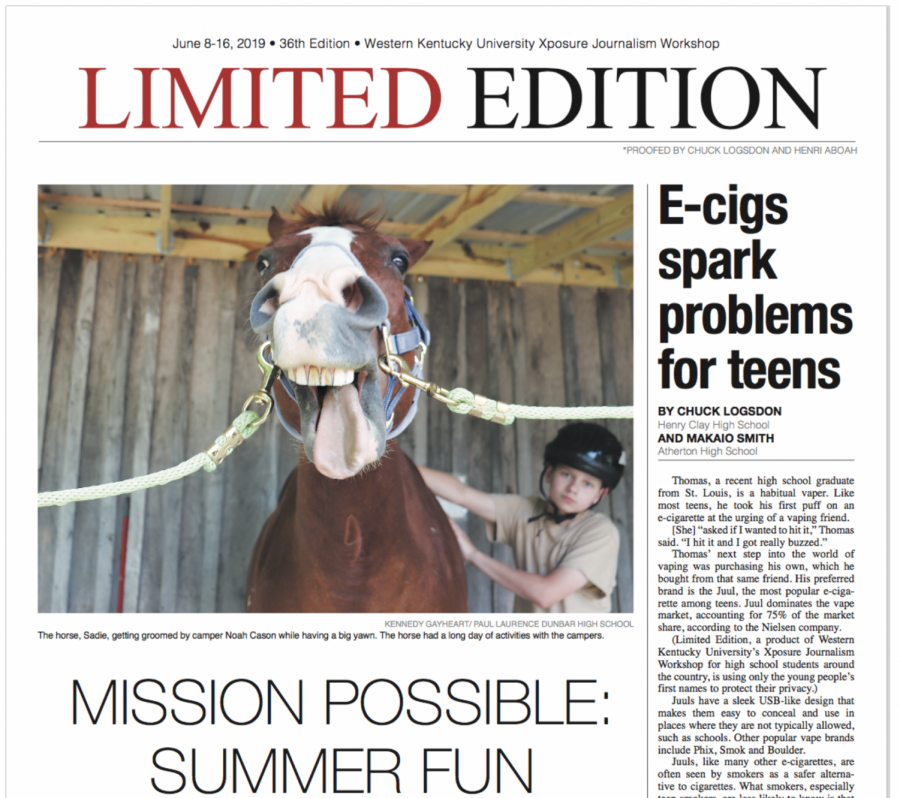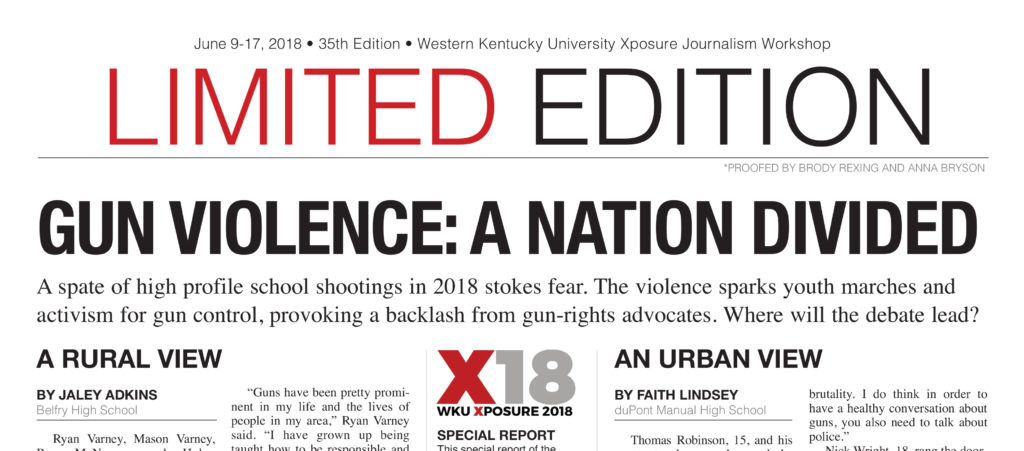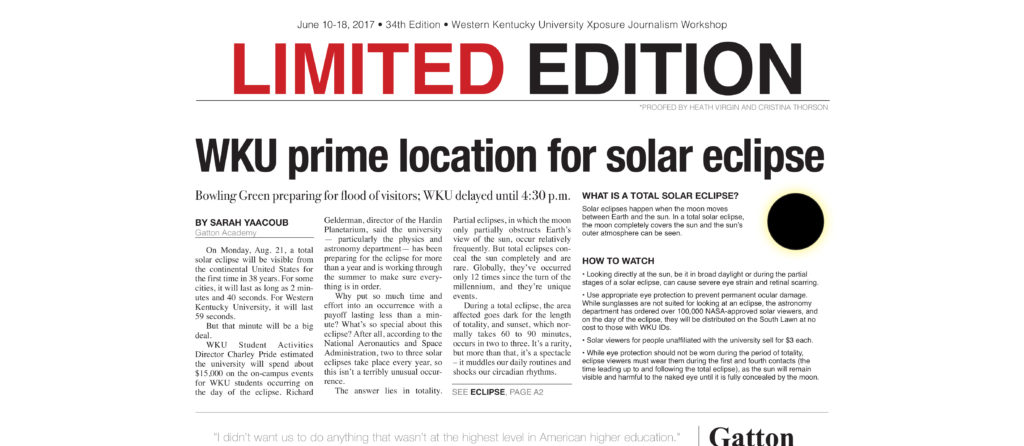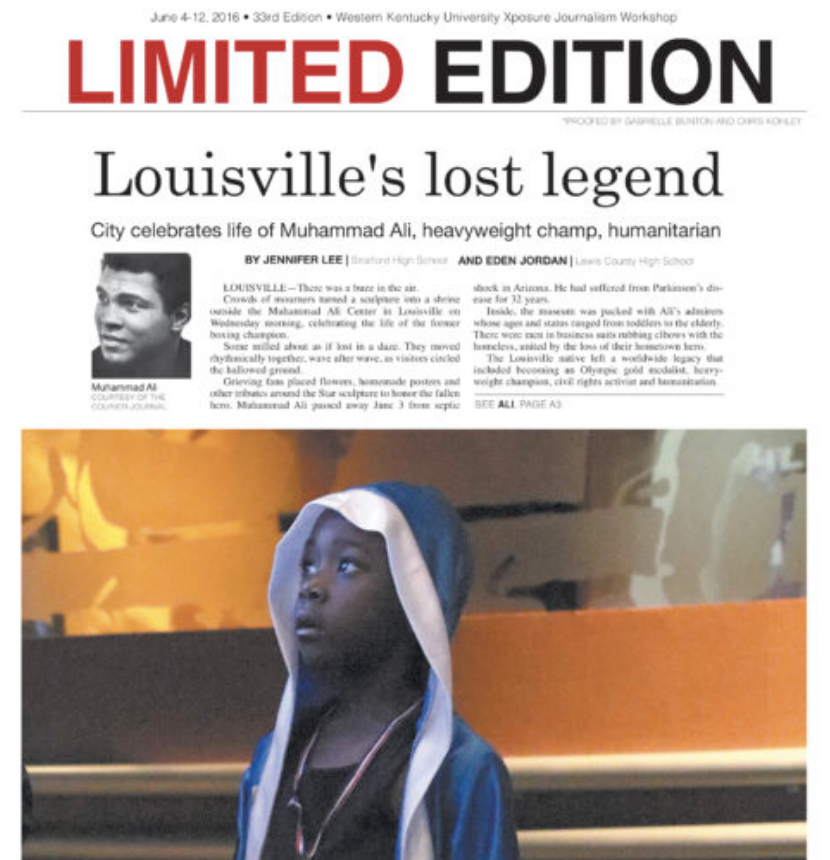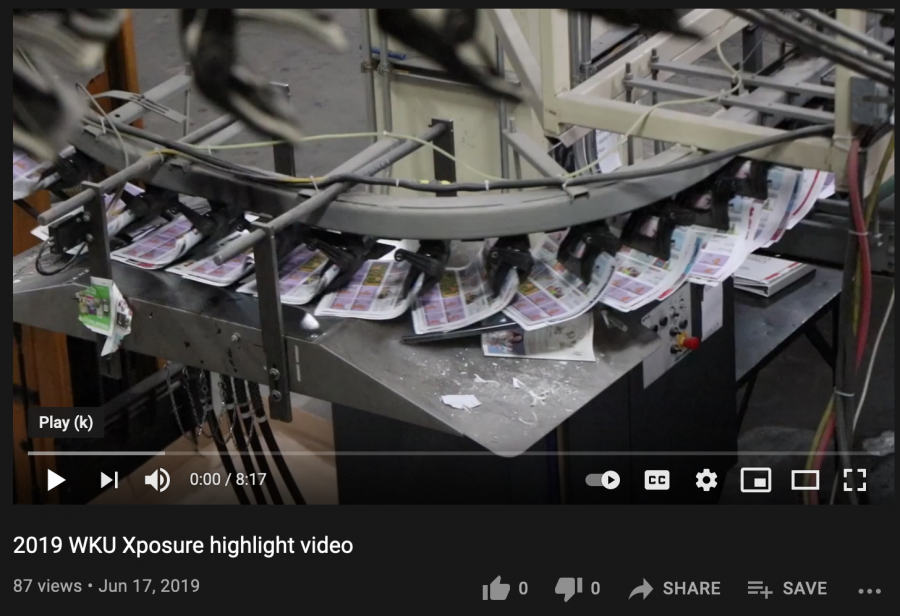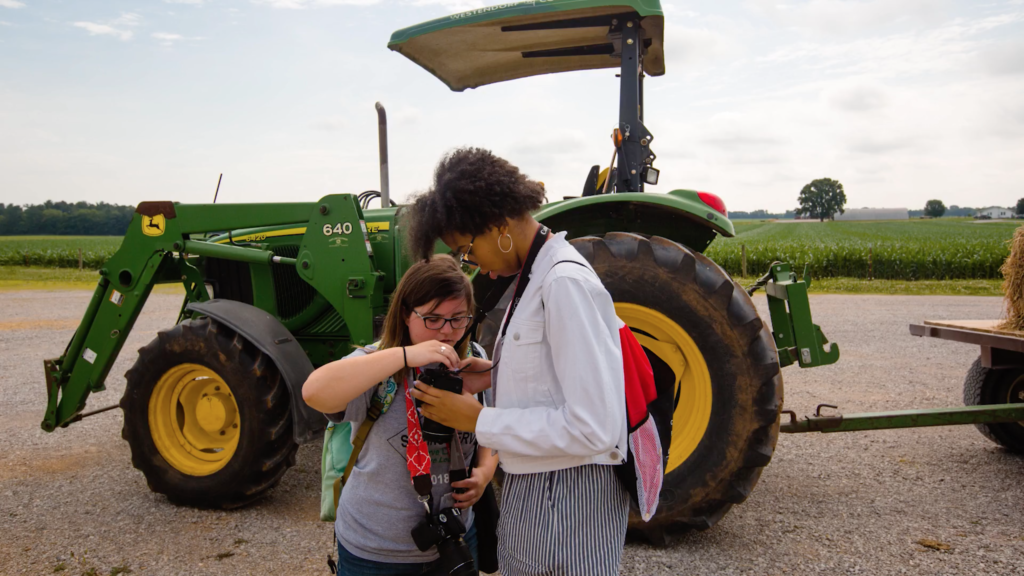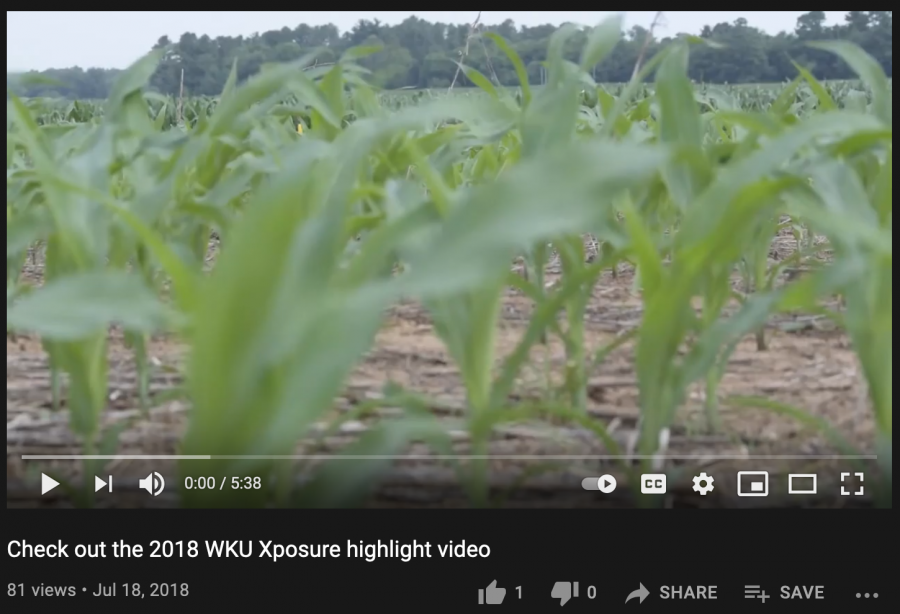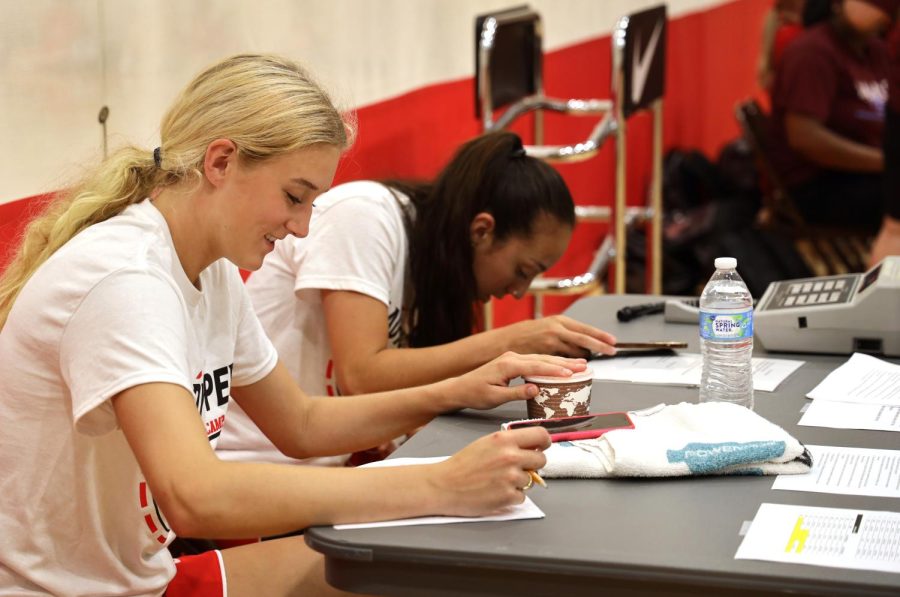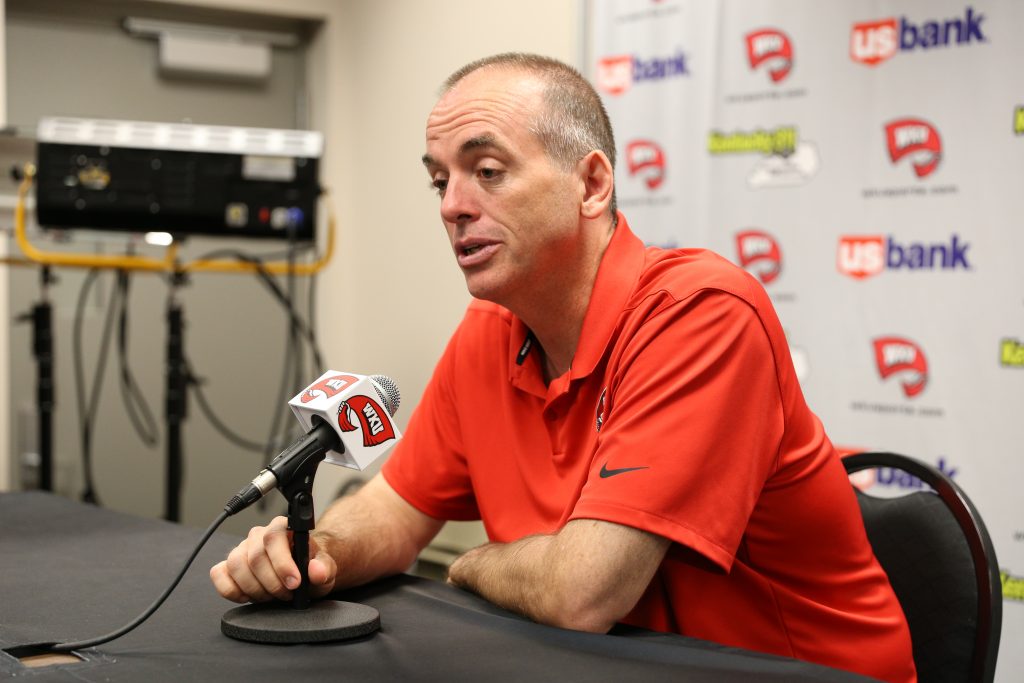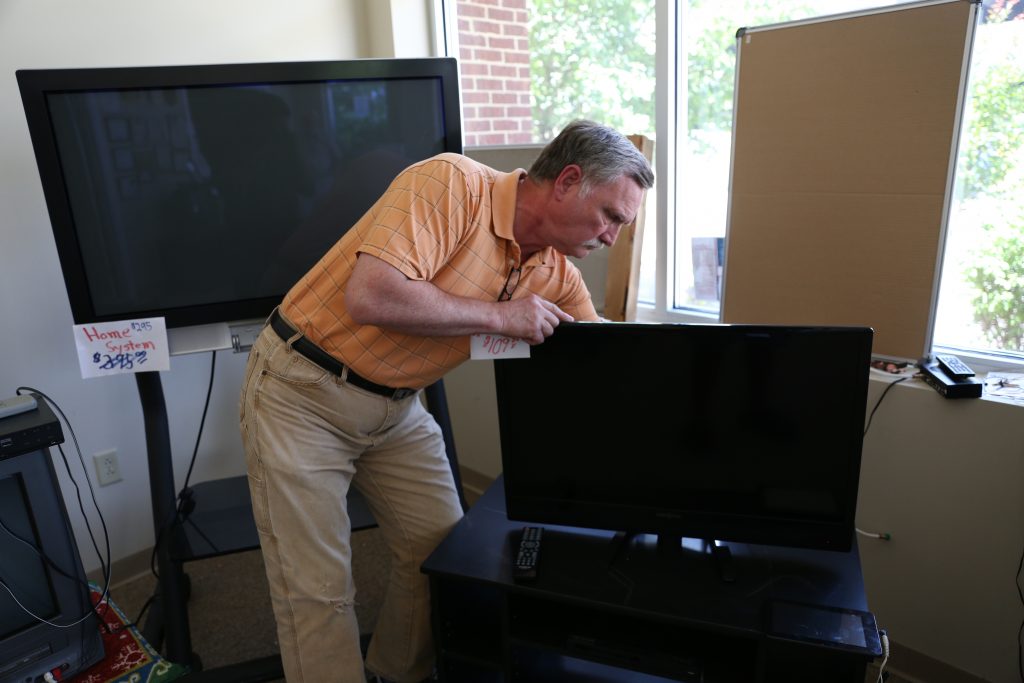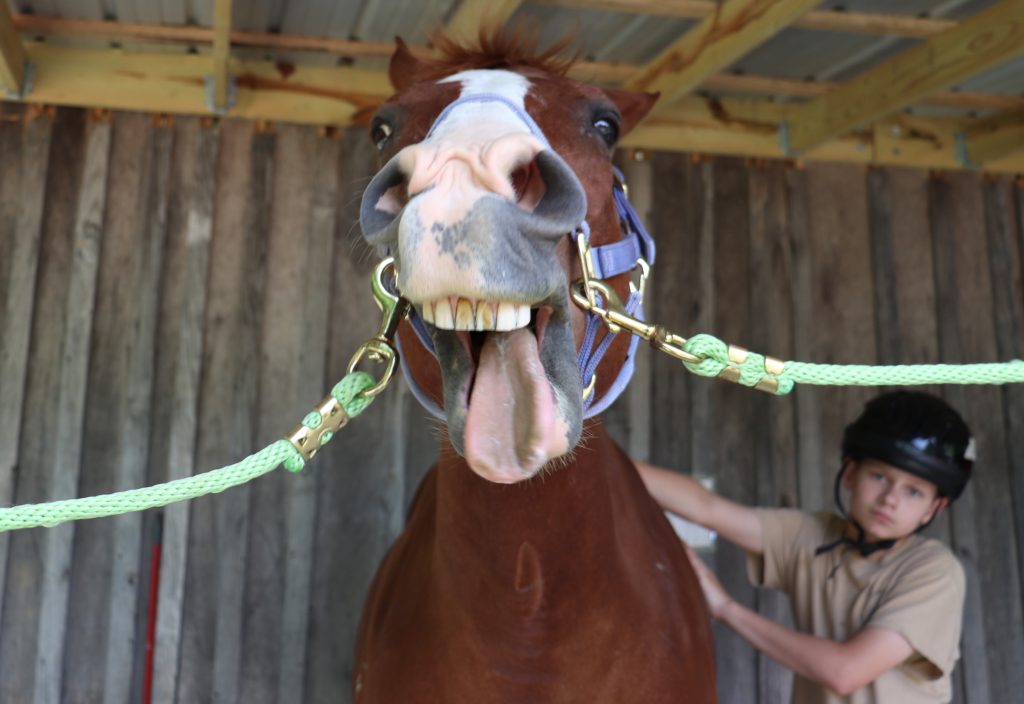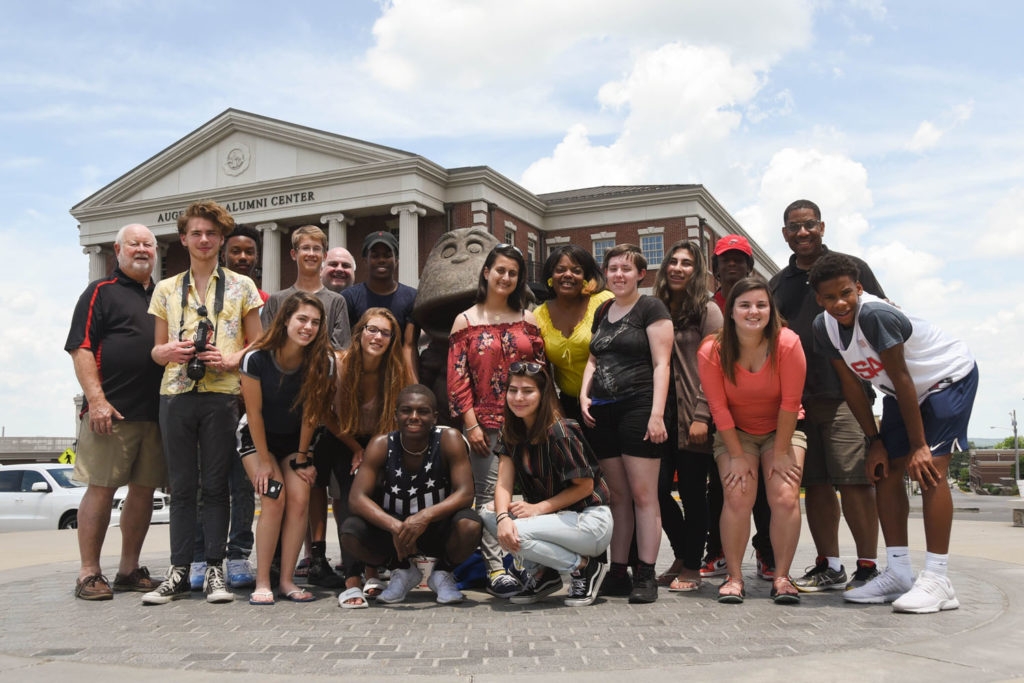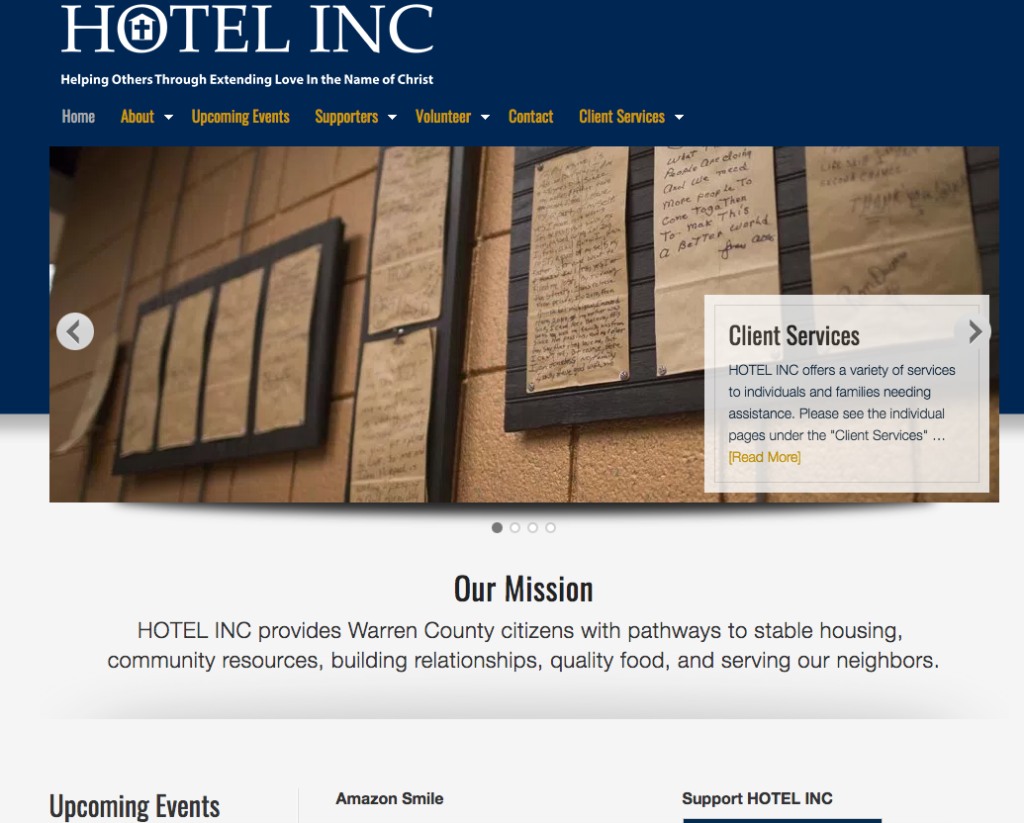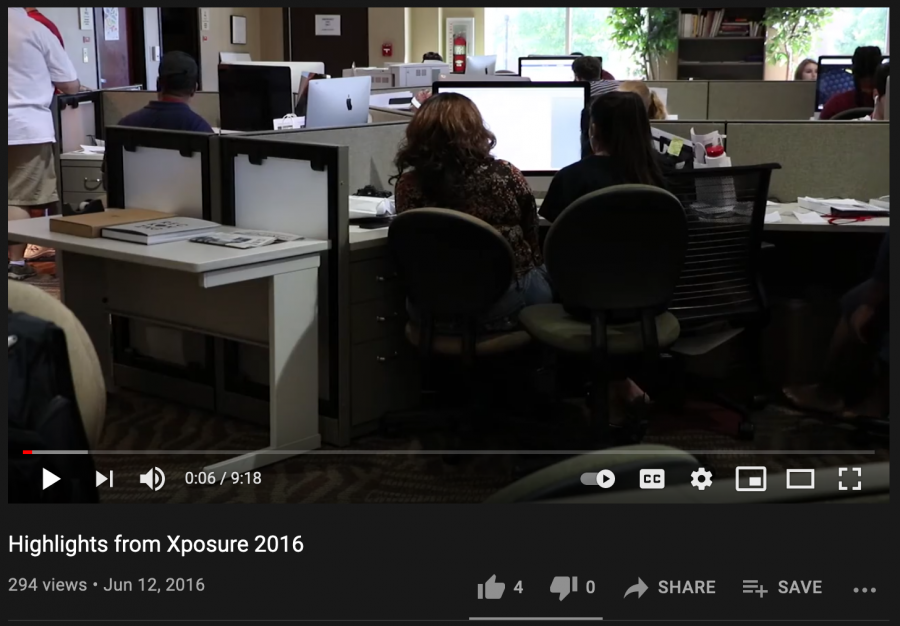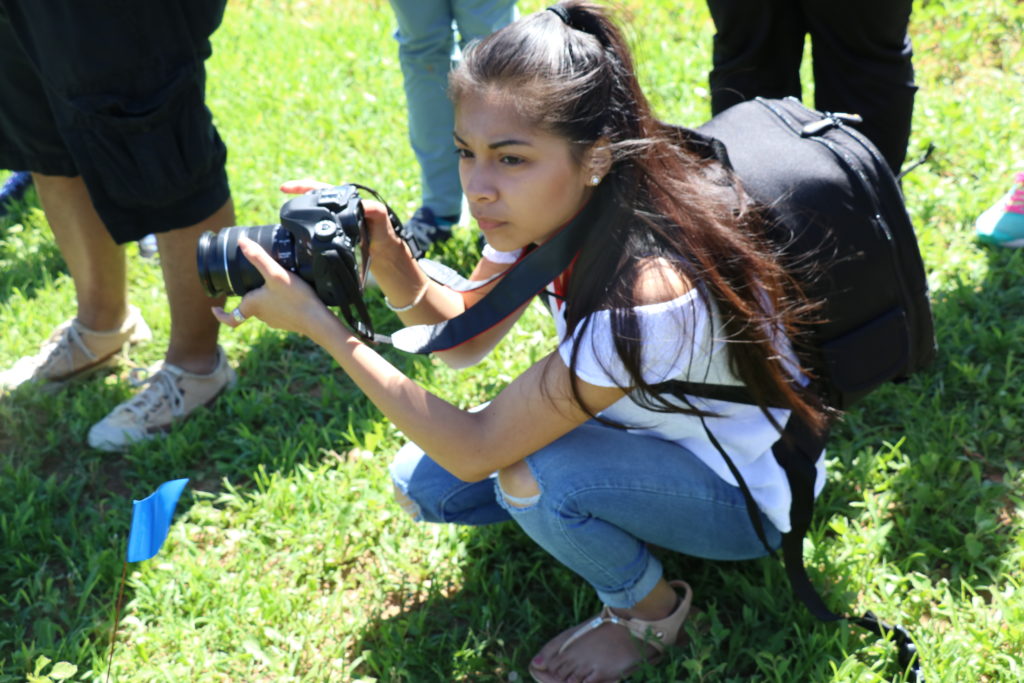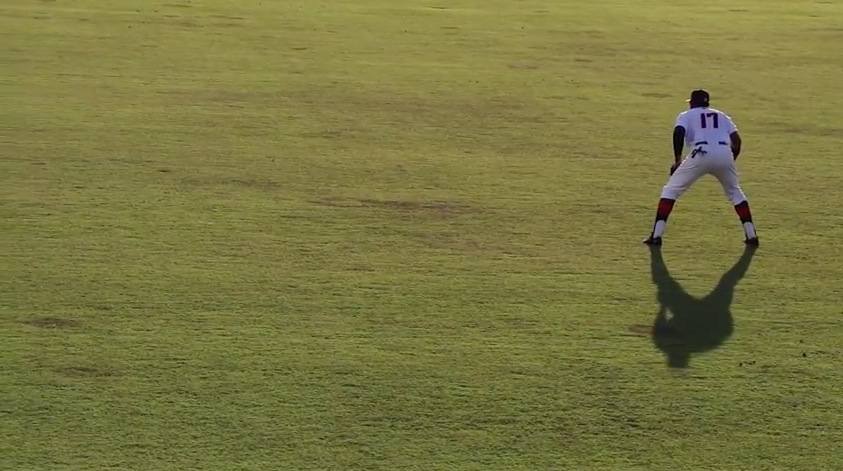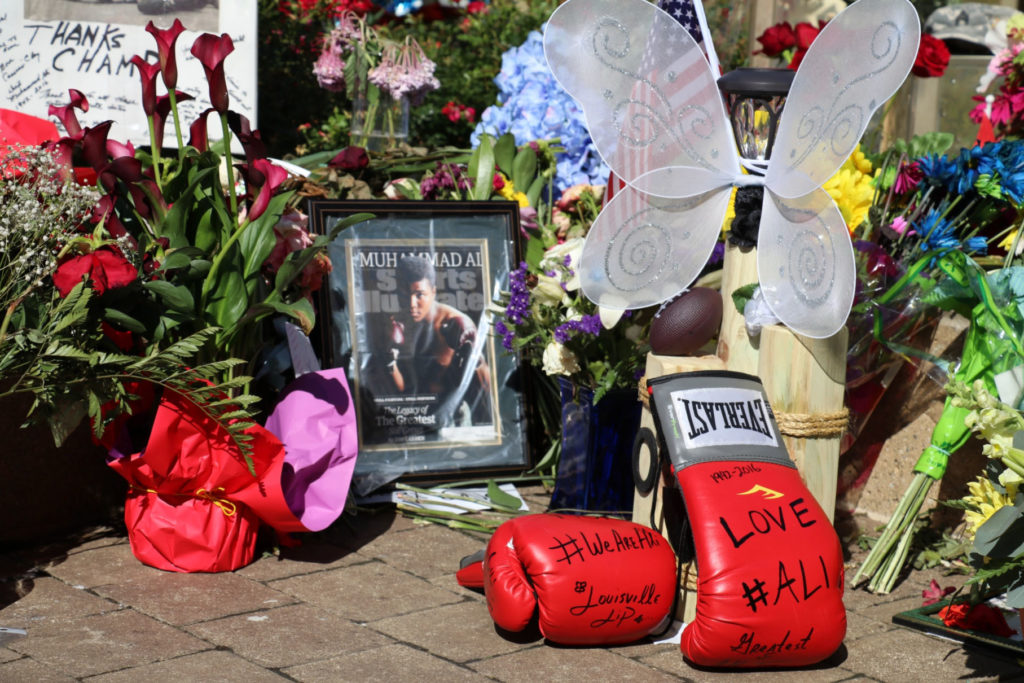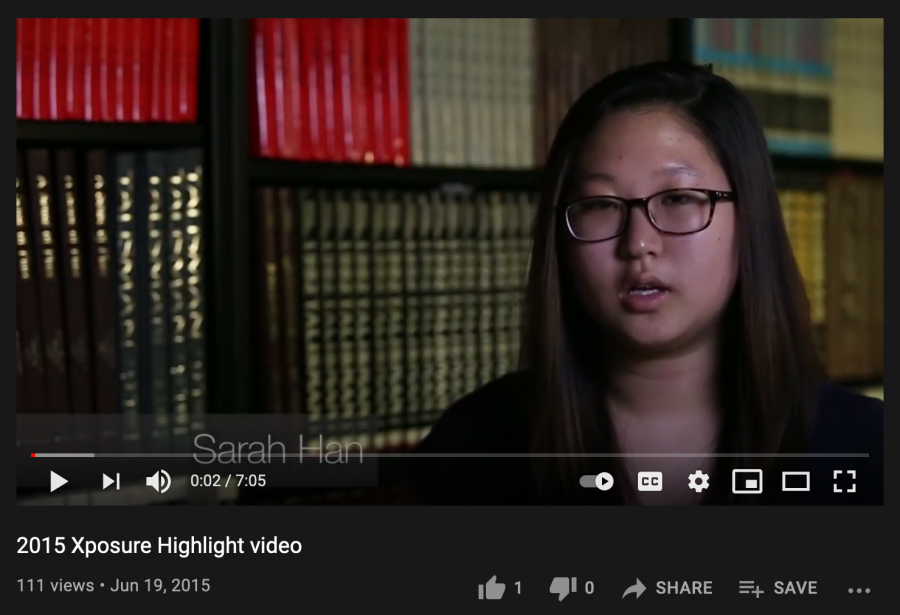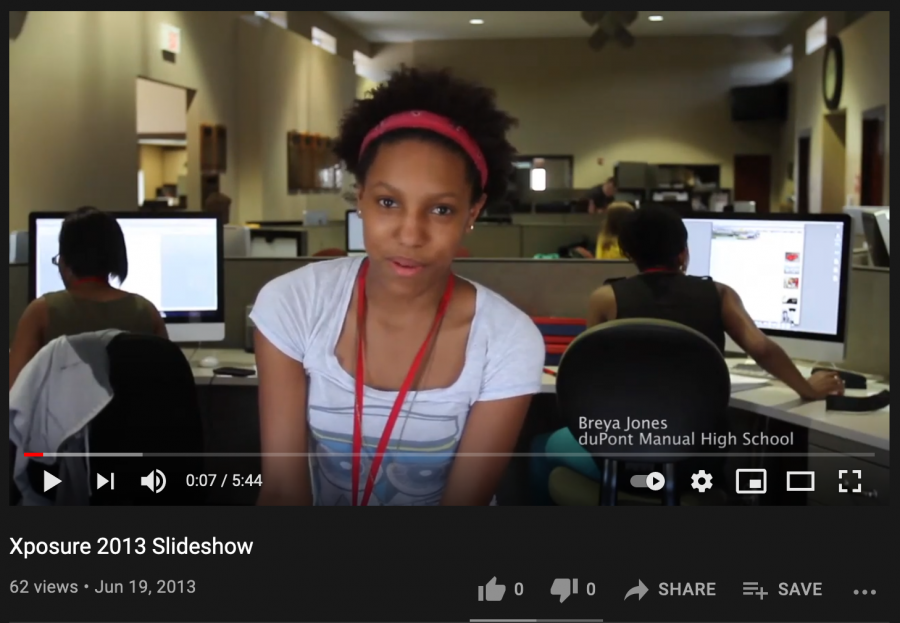Source: RNCentral.com
1. Learn proper portion size. To avoid eating too much of even the healthiest foods, keep track of how much you’re eating. For most people, meat servings should be about the size of a deck of cards and other servings vary by the type of food. Check out recommended amounts here.
2. Vary your meals. When the cafeteria has your favorite foods daily it can be easy to return to those old favorites every day. Changing up your diet from day to day is an important part of good nutrition so take advantage of the variety of selections available to you.
3. Eat breakfast. Start your day off right with a good meal when you get up. Whether you’re rolling out of bed at noon or up at the crack of dawn for class, make sure you start your day with a balanced, healthy meal.
4. Keep healthy snacks around. It’s easy to eat healthy if you keep the Cheetos at bay and stock your dorm room with fruits and other healthy snacks. You’ll be more likely to reach for these than junk food if you keep them nearby or in your backpack.
5. Drink moderately. While college students are known for their partying, you can still have a good time without consuming all the calories that come along with binging on beer, plus you’ll avoid the hangovers and other negative effects. Drink in moderation and you can have a good time without hurting your health.
6. Don’t fight stress by eating. It can be tempting to reach for a bag of chips or some cookies when you’re stressed out about an impending exam. Eating won’t help your stress go away, so avoid filling up on snacks. Try working out or taking a break instead.
7. Drink water. Drinking enough water can help boost your concentration as well as keep you from overeating. Make sure to keep hydrated as you go through your day by bringing water with you.
8. Limit sugary and caffeinated beverages. Beverages may not fill you up, but they sure can help fatten you up and have a detrimental effect on your overall health. You don’t have to completely give up soda and coffee, but you should scale back in order to keep yourself in tip top shape.
9. Try to eat fruits and veggies. Even if fruits and vegetables don’t comprise some of your favorite foods, try to incorporate at least a few of them into your diet each day.
10. Limit junk food. Junk food is fast and easy and many students end up eating a lot of it while they’re on the run to class or to work. While a little fast food now and again won’t really hurt you, make sure it doesn’t become a habit.
11. Don’t skip meals. With so much to do, it’s easy to forgo eating to run off to class or the library. Don’t skip meals. Set up foods you can eat on the run so you’ll have the energy to keep going.
12. Indulge every once in awhile. A little treat now and then is a great way to reward yourself for eating a healthy diet. Give yourself a break and indulge in a food you love but can’t eat all the time.
13. Take vitamins. If you feel like you aren’t getting the nutrition you need from your diet, don’t hesitate to supplement it with some multi-vitamins to stay healthy and illness free.
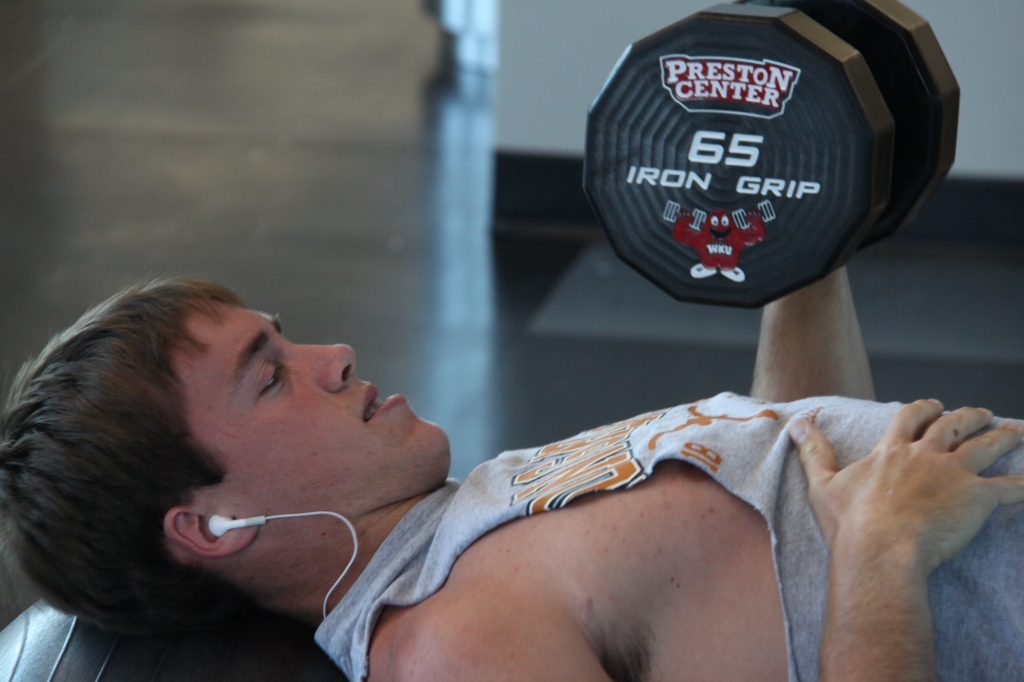 Allen Simpson, Western Kentucky University student, stays focused on his health as he lifts weights to improve his strength. Simpson’s routine consists of working on his arm muscles Monday’s, Wednesday’s and Friday’s and his leg muscles Tuesday’s and Thursday’s.
Allen Simpson, Western Kentucky University student, stays focused on his health as he lifts weights to improve his strength. Simpson’s routine consists of working on his arm muscles Monday’s, Wednesday’s and Friday’s and his leg muscles Tuesday’s and Thursday’s.
WBKO
By Adam Pennavaria
Glasgow High School
Hectic is the word of the day every day at Bowling Green’s WBKO-TV station, where the reporters are jacks-of-all-trades in journalism.
Employees like David Hosey, production manager; Chris Garner, videographer; Melanie Niemann, weather forecaster; and Ryan Dearbone, reporter, juggle writing, editing, audio and video synthesis, photography, on-screen filming, and public relations.
WBKO’s staff has been forced to deal with limited personnel. In the past, news companies have been able to employ an army of reporters, editors, and writers, but due to downsizing and the poor state of the economy, media outlets have been forced to reduce staff sizes and convert once highly specialized positions into generalized occupations.
Not all hope is lost, however.
“There are always jobs in broadcasting,” Dearbone said in an interview when members of the Xposure journalism workshop recently toured the station.
Dearbone said news reporting will always be a service in high demand. News stations with reporters and photographers, writers and editors, camera people and creative service workers make the wheels of news turn every day.
“I realized I could do this for a career and that I could make an impact on the community,” Dearbone explained.
He said he discovered that he wanted to be a journalist early on. When he attended Western Kentucky University, Dearbone had a teacher named Terry Likes who inspired him and gave him guidance on his aspirations to be a radio journalist. After he graduated from WKU, Dearbone began work at WKAG-TV, a station in Clarksville, Tenn.
Dearbone’s advice to students interested in journalism as an occupation is this: Be scrappy, and be versatile.
He said that more and more news stations are employing people who understand how to work cameras and how to write interesting stories and how to film the scenes of their stories. Being well versed in many areas of occupation has become a strong deciding factor in the hiring of journalists.
Weather forecaster Melanie Niemann had similar advice.
“Make sure you know how to do everything,” she explained.
Niemann, who graduated from WKU with majors in broadcast news and meteorology, said her education didn’t end with a diploma.
“I’m still learning a lot,” she said. “I wish I knew more than I do.”
Modern journalists’ occupations have transitioned into much more generalized careers. Dearbone, Niemann, Hosey, and Garner all are professionals in more than one field, having the capability to back each other up and provide assistance when another is in need.
Ultimately, Dearbone said, the key for aspiring journalists is desire.
“If you have a love for journalism, you can do it.”
David Hosey, Josh Ryan and Ben Dongarra listen as Ryan Dearbone talks to Xposure students about his experiences working at WBKO new station.


